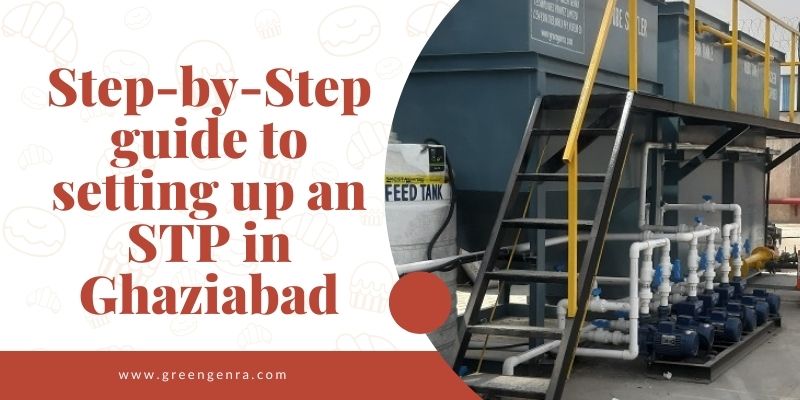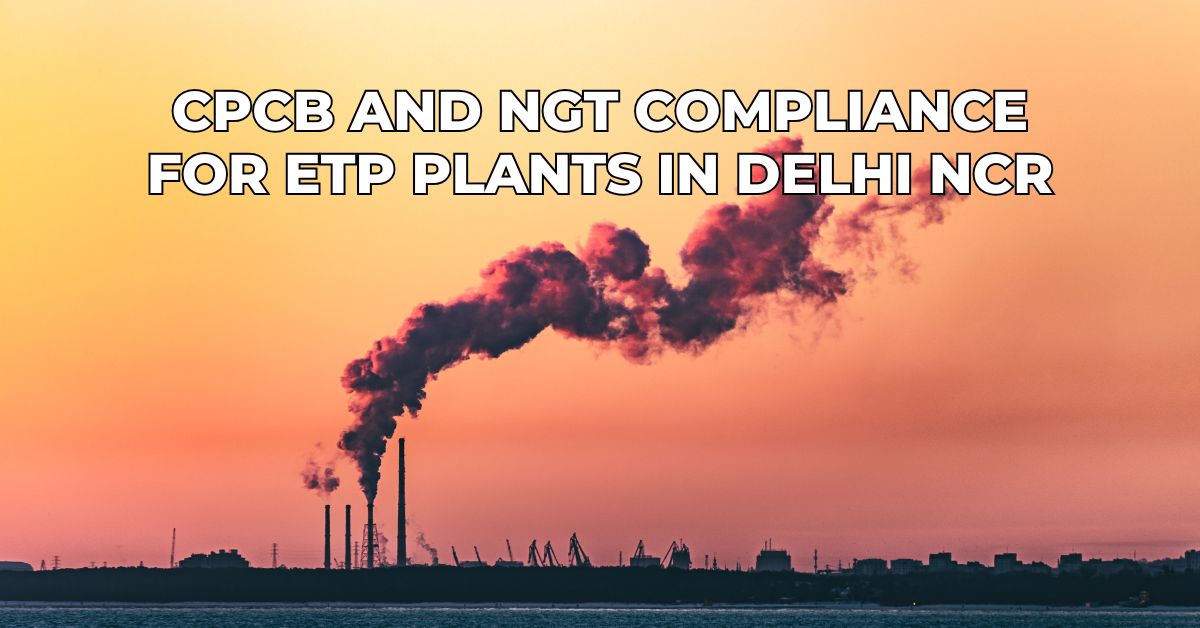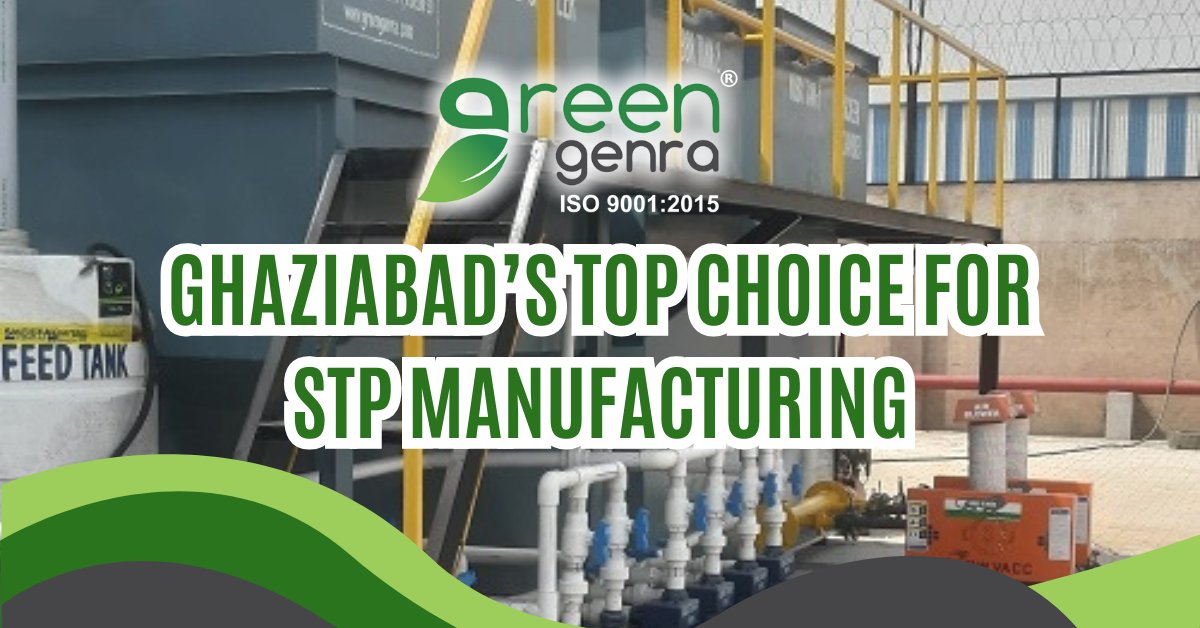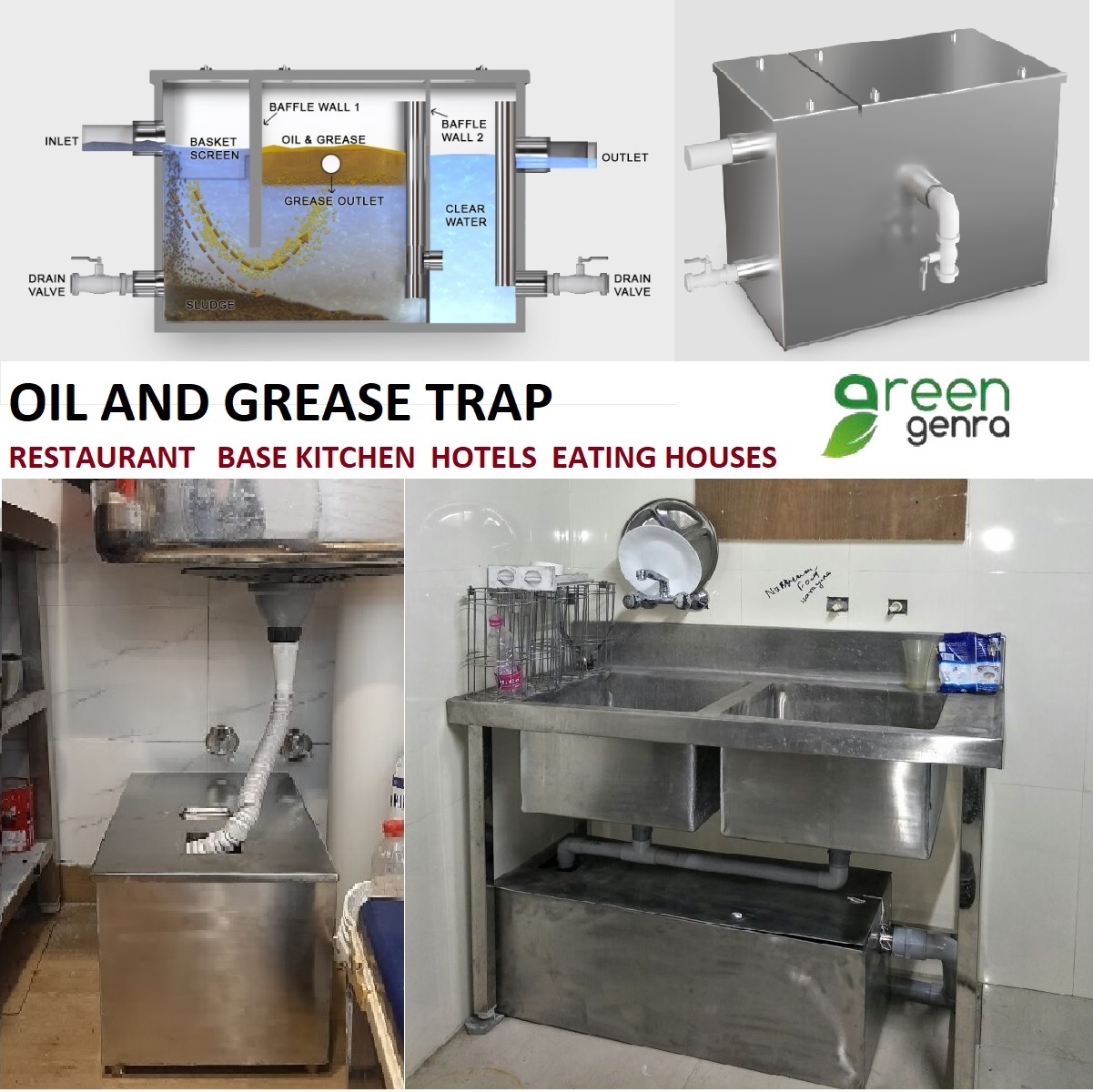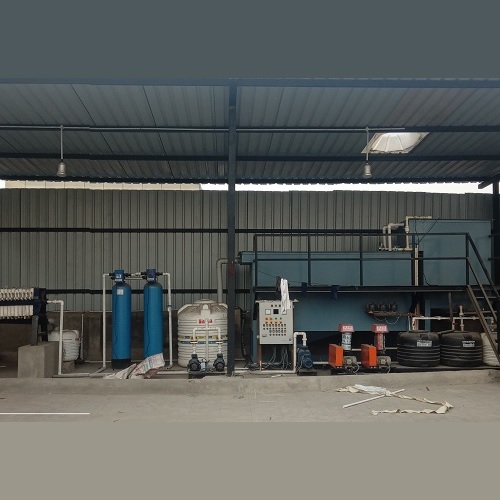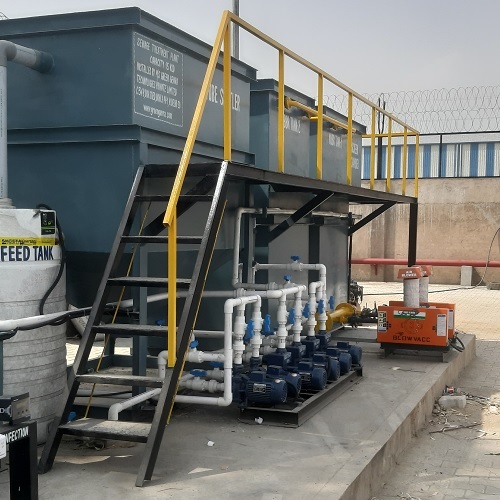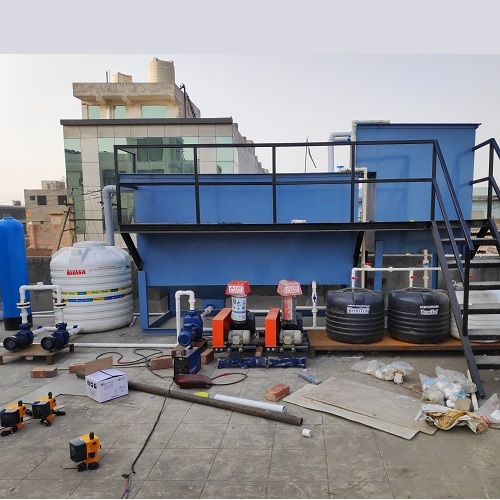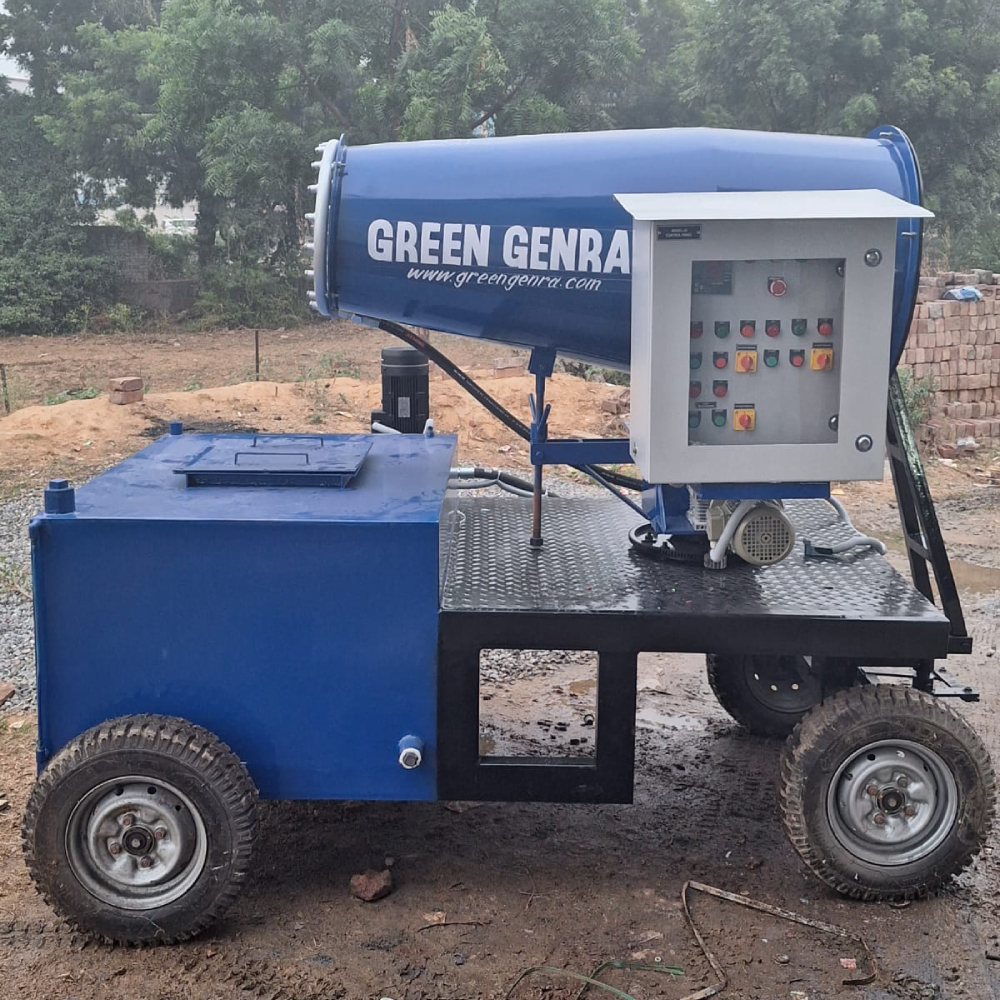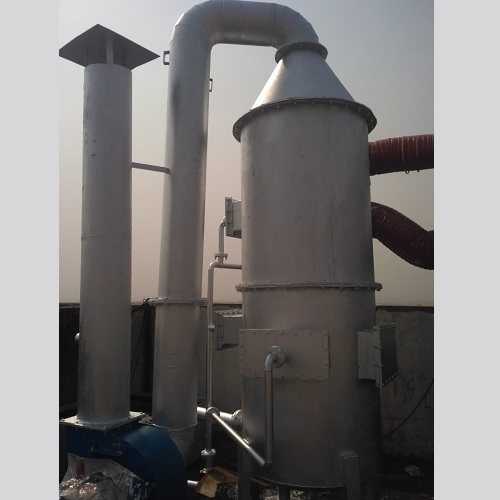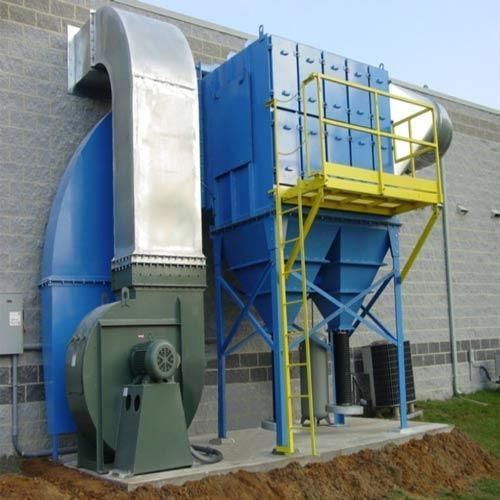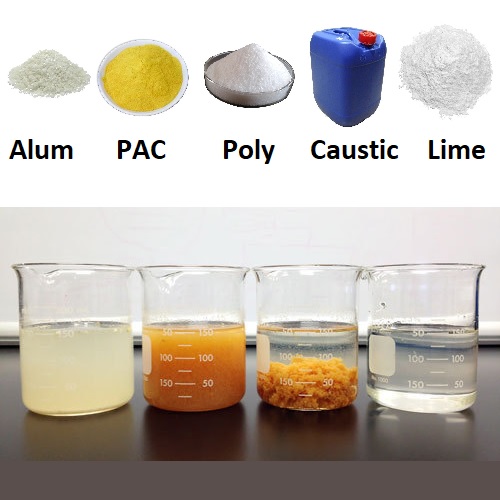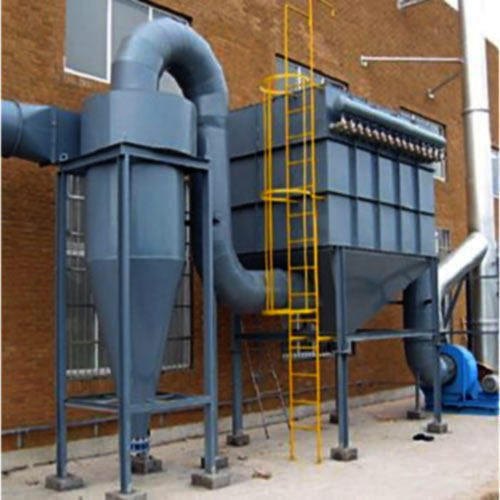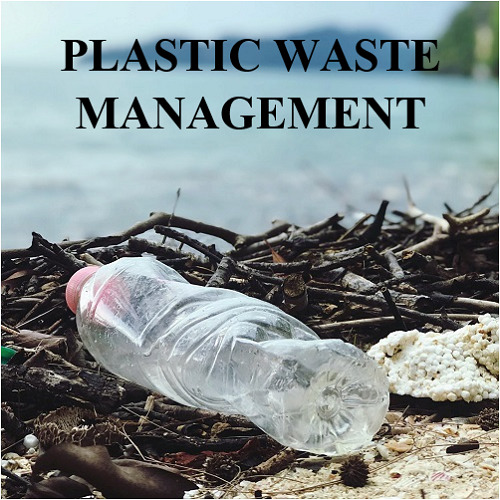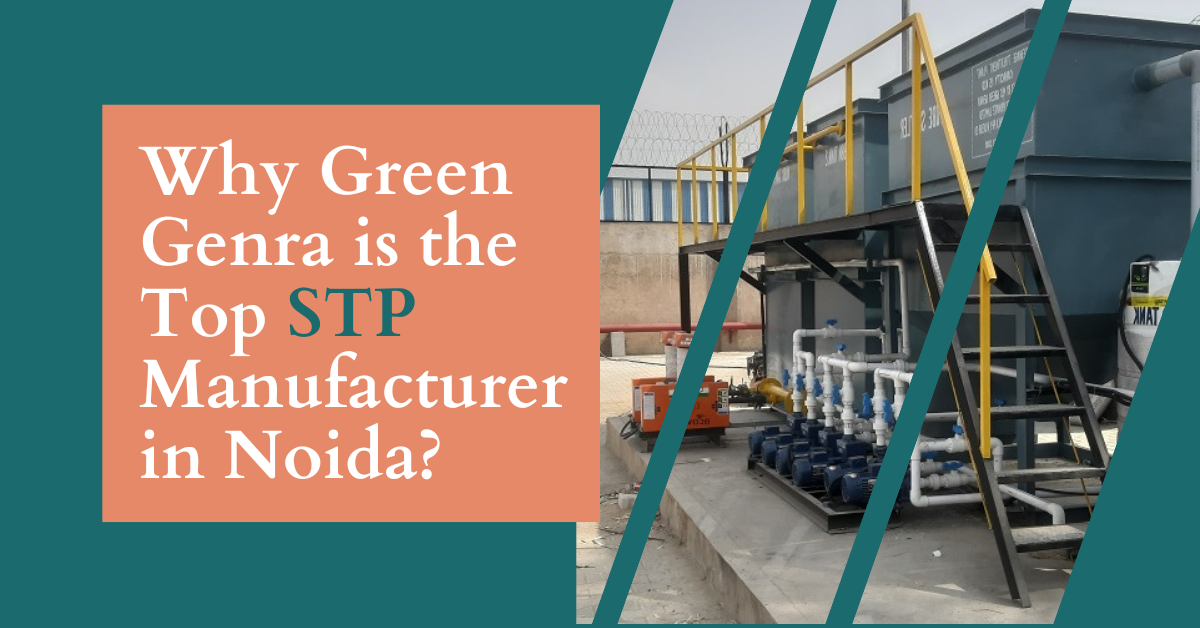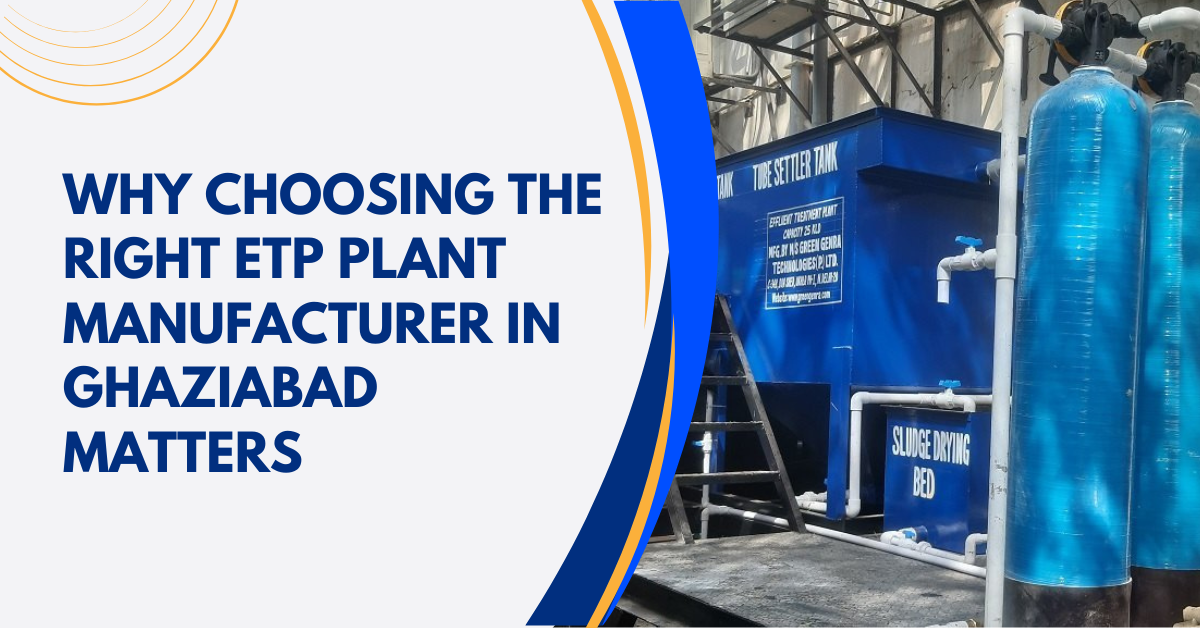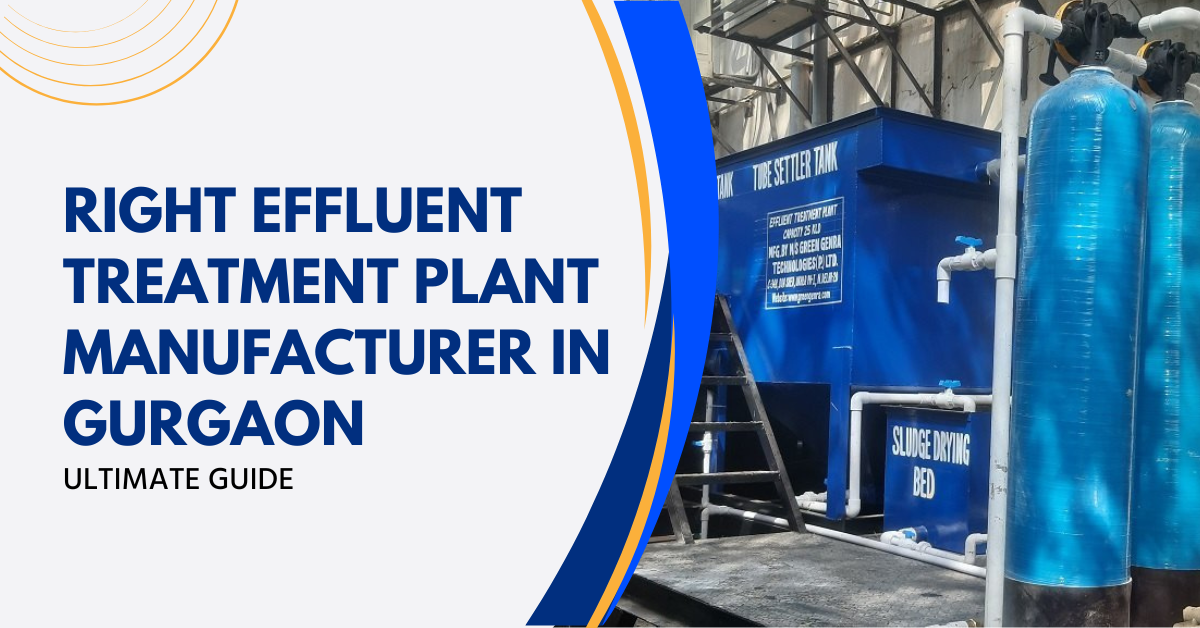Water Expo 2025 in New Delhi 28-30 August 2025 | Pragati Maidan, New Delhi India 20th Everything About Water Expo 2025 ...
The role of Wastewater Treatment plant in car wash operations
A waste water treatment plant is a facility where sewage and waste water from residential, commercial and industrial sources are treated to remove the contaminants before being released into the environment or reused.
What are the benefits of waste water treatment plant for car wash?
In Car wash businesses, consumption and managing of water are two important operational aspects that can have significant environmental and economic impacts. Implementing an ETP plant for car wash can have great environmental and economic impacts.
Here are some of the points how Wastewater treatment plant can benefit car wash operations-
1. Environmental compliance and conservation: One of the primary benefits of having a wastewater treatment plant for car wash is compliance with the environmental norms and regulations. As per the pollution control board of Delhi, there is a strict guideline regarding the discharge of commercial wastewater, which also includes the water used for washing vehicles. An ETP plant for car wash ensures that the wastewater is properly cleaned of chemicals, oils and other impurities before it is released back to the environment or municipal sewage system. An ETP plant not only helps in meeting the legal standards but also plays a crucial role in conserving local water ways and ecosystems.
2. Recycling of water: Water is an important resource in car wash operations and its efficient use can lead to significant savings in cost. A wastewater treatment allows for recycling and reuse of water, minimizing the total consumption of fresh water.
3. Cost efficiency: Car wash facilities can treat and reuse water with the help of ETP and operate more economically as the costs related with water procurement and disposal is minimized. An effluent treatment plant is particularly beneficial in areas where there is water scarcity and water is expensive.
4. Increased brand image: Sustainability has become key factor in choices of many customers. Businesses that take steps to reduce their carbon footprint on the environment enjoy enhanced credibility and customer loyalty. By incorporating Effluent treatment plant in their facility, car wash service providers can market themselves as eco-friendly business. Their commitment to sustainable approach allures environment conscious customers, providing a competitive-edge in the domain.
5. Minimize the operational risks: Untreated waste water in the car wash facility contains various pollutants like waxes, oils and detergents. This can pose risks when handled or stored improperly. By investing in wastewater plant, car washes can ensure that these impurities are effectively removed, minimizing potential hazards and liability related with improper disposal. This leads to safe workplace conditions and less risk of environmental damage, resulting in fines or legal issues.
6. Long-term savings: The initial set-up cost for the wastewater treatment plant is more, the long-term savings are substantial. Incorporating an ETP in car wash facilities exudes reduced water bills, lower sewage fees, and few fines or sanctions for non-compliance with environmental norms. All these factors contribute to the cost-effectiveness of wastewater treatment.
Incorporating an effluent treatment plant in car wash facility is not just about adhering to regulatory standards it is about adopting forward-thinking approach that benefits both environment and the facility.
FAQs
1. What is Wastewater plant?
A wastewater plant is a facility that cleans used water from homes, businesses and industries to make safe for release back into the environment or for reuse.
2. How an ETP plant benefits car wash facility?
An ETP plant benefits a car wash facility by allowing it to recycle water and reduce both environmental impact and operational costs.
3. What is the approximate cost of wastewater plant in India?
The approximate cost of wastewater plant in India can range from INR 5 lakhs to INR 50 lakhs depending on capacity and technology used.

































Ghaziabad has witnessed an increase in several industries in the past few years. The continuously rising population and a gro...
Effluent Treatment Plant (ETP) from reliable ETP Plant Manufacturers play a key role in reducing industrial pollution by trea...
With the increasing levels of water contamination in Ghaziabad because of growing industries and a growing population, wastew...
Green Genre is one of the best STP manufacturers in Noida that designs, produces and installs sewage treatment plants in vari...
Effluent Treatment Plants or ETPs are important for industries in Ghaziabad to ensure environmental compliance ensuring effec...
An effluent Treatment Plant or ETP is a crucial investment for industries seeking to manage wastewater according to environm...

